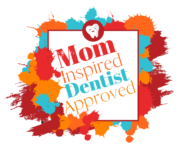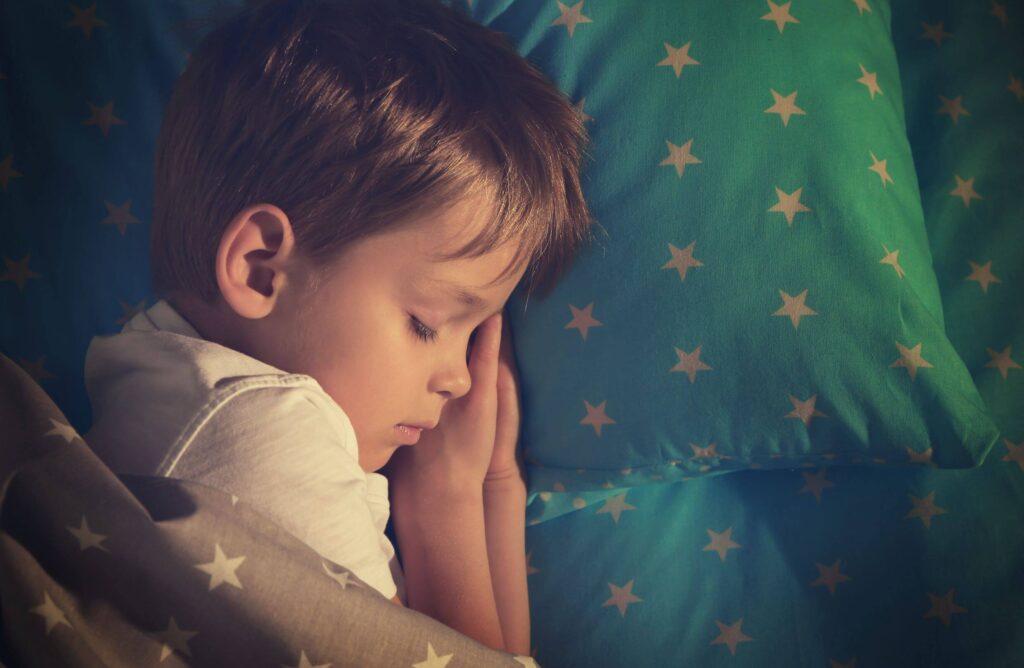Sleep apnea is a condition that can affect people of any age, but it can have a significant impact on your child as they develop with age.
Characterized by breathing patterns that start and stop during sleep, this condition occurs even at an early age. When left alone, it can lead to dental complications. As a parent, you need to know more about sleep apnea and secure your child’s oral health.
What is Sleep Apnea?
Sleep apnea is a sleep disorder that can affect regular breathing patterns during deep slumber.
If your child snores a lot, or has had a full night’s rest and still feels tired, they may have sleep apnea. Other signs include hyperactive behavior or a tendency to lack attention.
This disorder comes in three forms:
- Obstructive sleep apnea. The most common variant. This can occur when a natural obstruction like the tongue blocks air passages in the throat. It causes your child to wake up in the middle of the night panicking, experience difficulty in breathing, and have frequent headaches.
- Central sleep apnea. A more neurological variant of the disorder. This can lead to irregular breathing patterns due to the brain not sending proper signals to breathe. Signs of this kind of sleep apnea can include insomnia, lack of concentration, and waking up panicked.
- Complex sleep apnea syndrome. This can incorporate both aspects of obstructive and central sleep apnea. Aside from the previous symptoms, this can also include feeling confused after waking up, fatigue during the daytime, and dry mouth.
How does sleep apnea affect oral health?
Your child needs quality sleep to maintain a healthy set of pearly whites. If it remains untreated, this condition can lead to the following dental complications:
Tooth decay
A dry mouth caused by sleep apnea poses a danger to your child’s oral health. If their mouth dries up during sleep, tooth decay may occur since there will be little saliva to wash away harmful germs and bacteria.
TMJ disorders
Your child might complain of pain in their jaw or even migraines while chewing food. This might be the result of a defect in the TMJ or temporomandibular joint which is often caused by constant movements in the jaw.
Teeth grinding
Your child might experience teeth grinding or bruxism. This is the involuntary clenching or grinding of teeth which also happens when your child has sleep apnea. One thing’s for sure, It can lead to broken or chipped teeth.
Mouth breathing
Mouth breathing can affect your child’s oral health by inviting the risk of gum disease such as gingivitis. It can also lead to tooth decay via plaque build-up the longer it goes untreated.
If your child experiences sleep apnea every night, you need to know how you can protect their oral health as they cope with the condition.
In this case, you need to reach out to a pediatric dentist who can recommend several solutions. The best option is to have your child wear mouthpieces at night. These dental devices can help widen the airway so your child can breathe properly.
At Children’s Choice, we use a wide range of approaches to protect your child’s teeth and address airway issues such as sleep apnea. Learn more about why we’re the best choice for your child. Contact us at (202) 410-0088 today to learn more about our services or book an appointment.


Id like to thank you for the efforts youve put in writing this blog. I am hoping to check out the same high-grade content by you later on as well. In truth, your creative writing abilities has motivated me to get my own, personal website now 😉